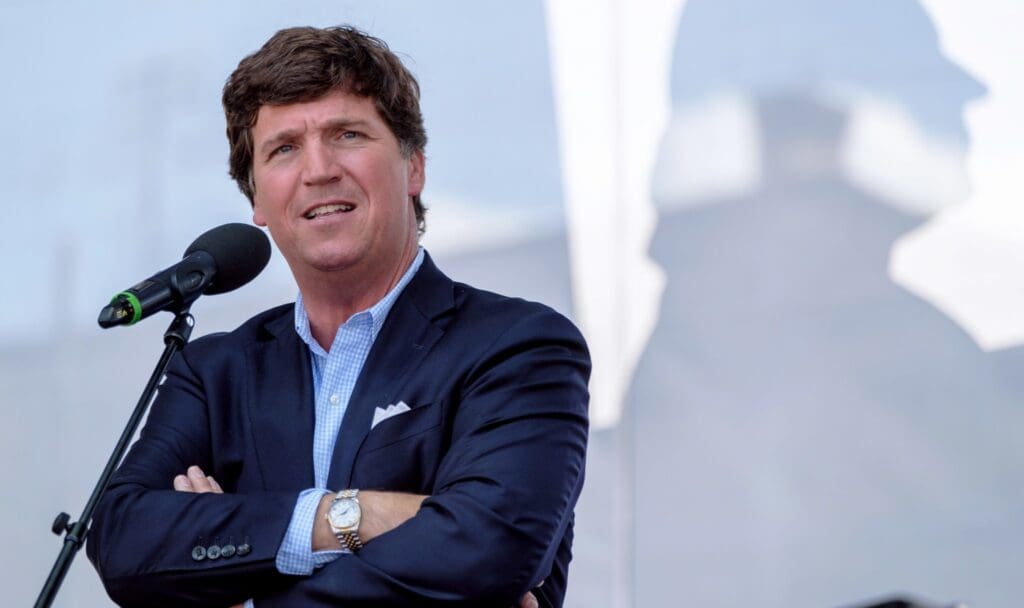Politics
The irrepressible talk show host took some time from his roadshow to speak with The American Conservative about the United States, the world, and life itself.
Support authors and subscribe to content
This is premium stuff. Subscribe to read the entire article.
Login if you have purchased
